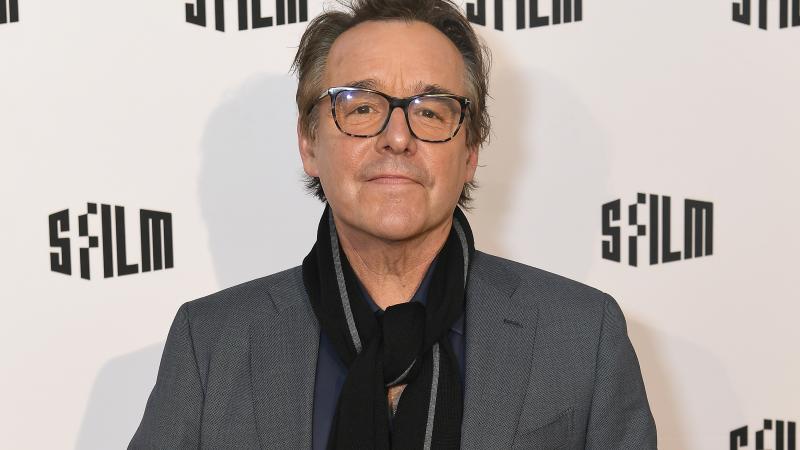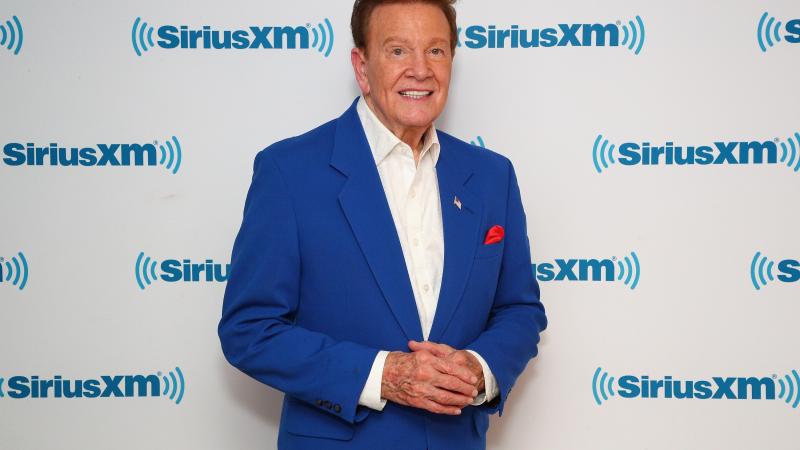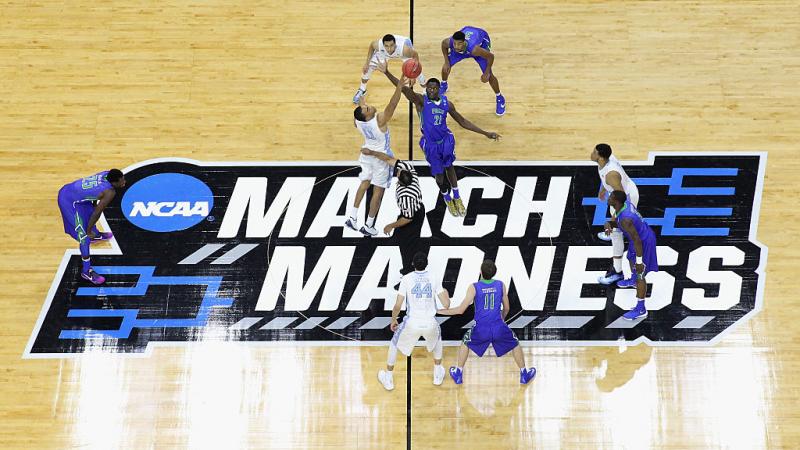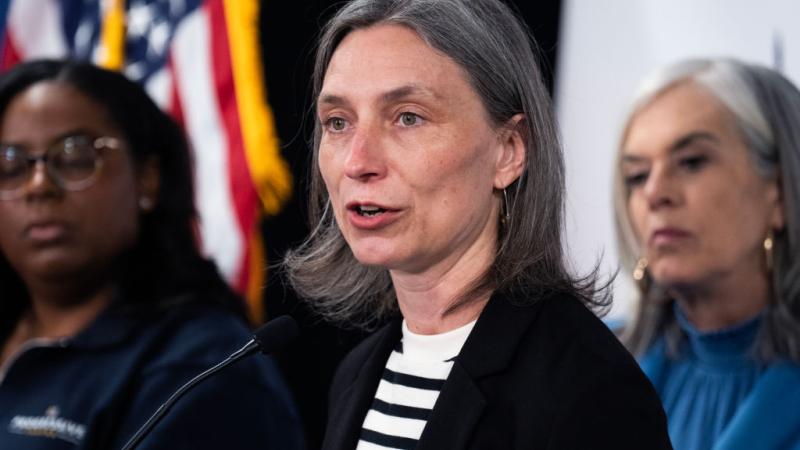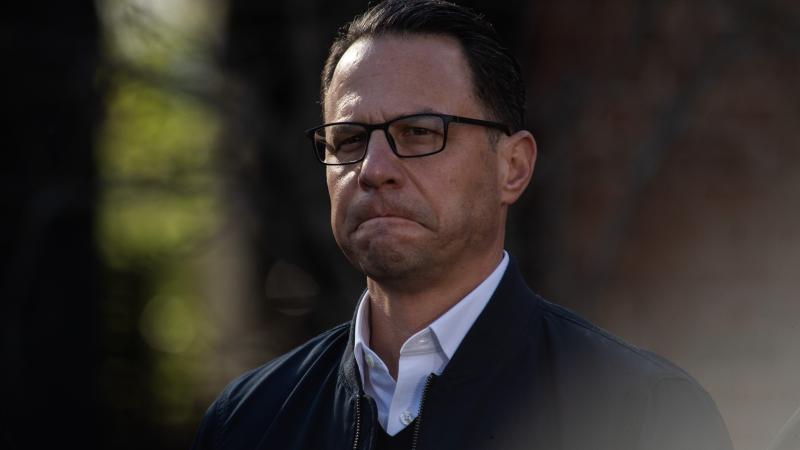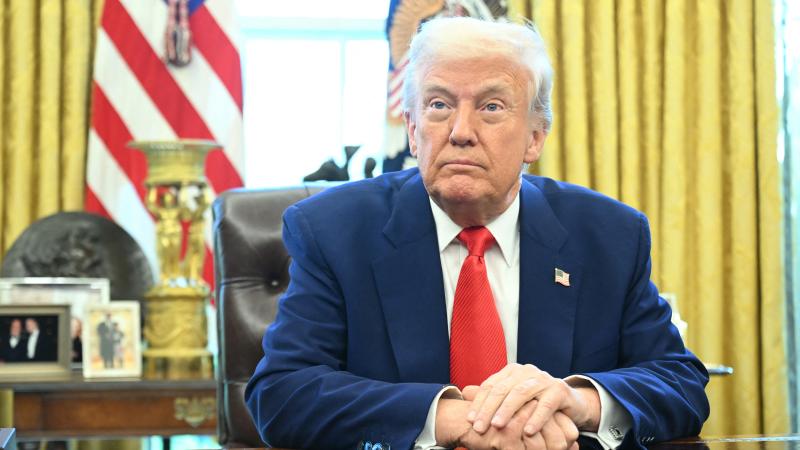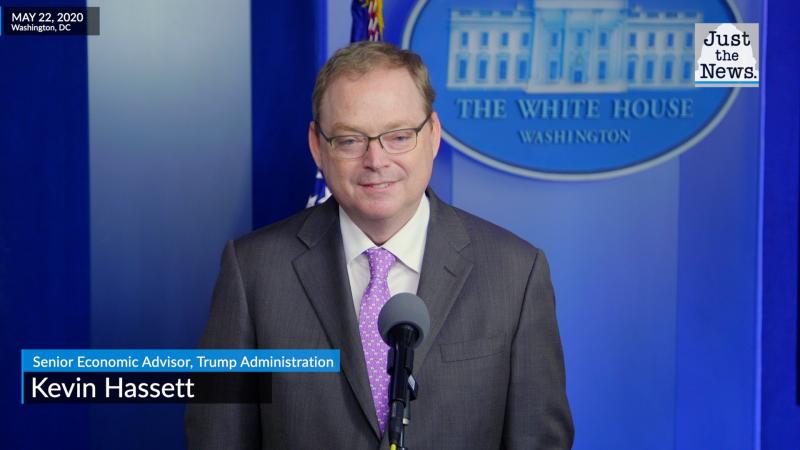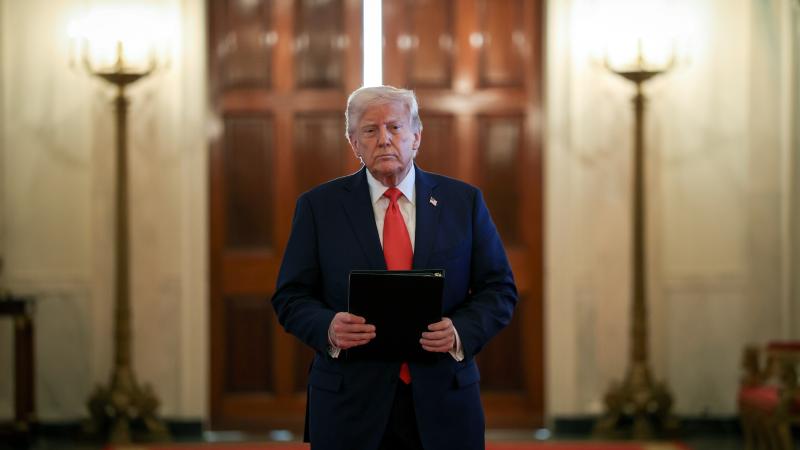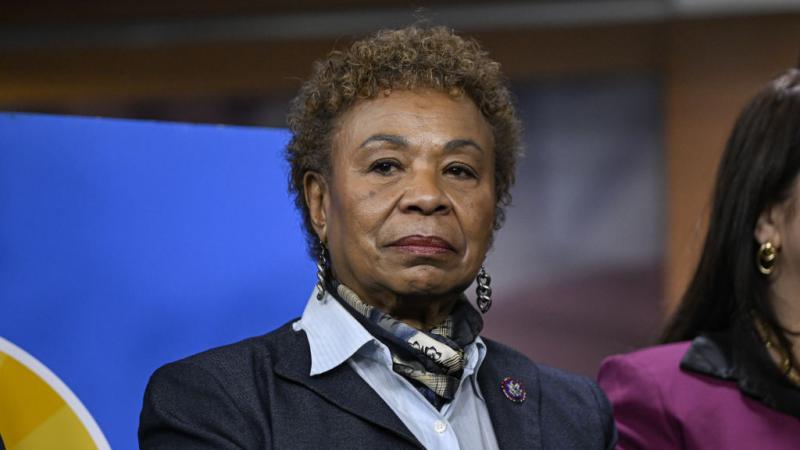'Uncle Tom II' uses neglected cell phone video to expose violent side of BLM media ignored
Documentary connects activist group to a Marxist ideology the filmmakers say does far more harm than good for black Americans.
Director Justin Malone wasn't sure his indie 2020 hit "Uncle Tom" merited a sequel.
Less than two years later, Malone's team had four-plus hours' worth of material for a second installment.
"Uncle Tom," produced by Salem talk show host Larry Elder, let black pundits like Candace Owens, the late Herman Cain, and Lt. Col. Allen West describe how they're marginalized for not aligning with the progressive playbook.
Malone's sequel, available now, digs deeper into the black American experience. While the first film featured profiles of black conservatives, "Uncle Tom II" excoriates the Black Lives Matter movement. The film connects the social justice group to a Marxist ideology that the filmmakers contend does far more harm than good for black Americans.
The first film's robust reception gave Malone the encouragement to consider a sequel, the filmmaker told Just the News.
"There was so much material left on the [cutting room] floor from part one," said Malone, further encouraged by the reaction to deleted scenes his team shared following the movie's release. "I don't think we're done yet."
The early "Uncle Tom II" cut had plenty of what Malone calls "red meat," but his team decided to take a different approach. The film walks viewers through American history as well as the Marxist movement.
The new film leans into the project's Christian worldview, an approach Malone says wouldn't have been controversial in the past.
"Thirty years ago, to talk about God was normal," he said. "People's spirituality is being challenged right now."
"It's impossible to talk about Marxism without talking about Christianity," he added, recalling how Karl Marx called religion the "opiate of the masses."
Few Hollywood movies would dare criticize BLM, let alone take aim at its underpinnings as "Uncle Tom II" does. "Uncle Tom II" connects BLM to the Bolshevik revolution and repressive movements within China over the years.
"It doesn't take many generations to forget your history," Malone said.
"Uncle Tom II" brims with archival footage, showcasing how freed black slaves were able to establish professional careers despite the hatred aimed at them. The film contrasts that to modern footage of BLM supporters, both black and white, employing violence to abet their activism.
The protest footage, much of it gleaned from The Blaze reporter Elijah Schaffer, offers a side of the BLM protests that didn't make the nightly news. Activists of all colors shriek at black police officers, commit random acts of violence and worse.
Malone, who met Schaffer in 2018, leaned on the journalist's cell phone footage to flesh out "Uncle Tom II." The director needed more than a month to sift through Schaffer's protest material.
"He had the guts to capture that," Malone says of Schaffer, who landed a coproducer credit for his troubles.
Malone could bemoan having to work outside the Hollywood mainstream. His conservative storytelling isn't welcome at Sundance or other celebrated festivals. Publications like Variety won't be putting anyone from "Uncle Tom II" on their covers.
"Uncle Tom" has only three professional reviews at RottenTomatoes.com.
He sees things differently.
"It's a great time to be a filmmaker who wants to work outside of Hollywood," he says, citing emerging platforms like SalemNOW, which is distributing his film, along with features from The Daily Wire and, most recently, Breitbart News via the Sept. 7 release of "My Son Hunter." The latter is a seriocomic look at Hunter Biden's brazen behavior.
Right-leaning artists don't have access to the resources Hollywood, Inc. provides, but that shouldn't stop intrepid filmmakers.
"If you have a good story and wanna take your time with it and make it right, it will find its way," he says.
Malone approached 2020's "Uncle Tom" as if it were the last word from him on the subject, yet he's already discussing "Uncle Tom III," which won't pull any cultural punches.
"'Uncle Tom II' reset the foundation … We had to get people ready [for the next film]," he says. Without the context from the second movie, "a lot of the material would be shocking."

